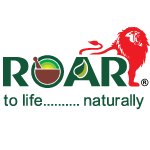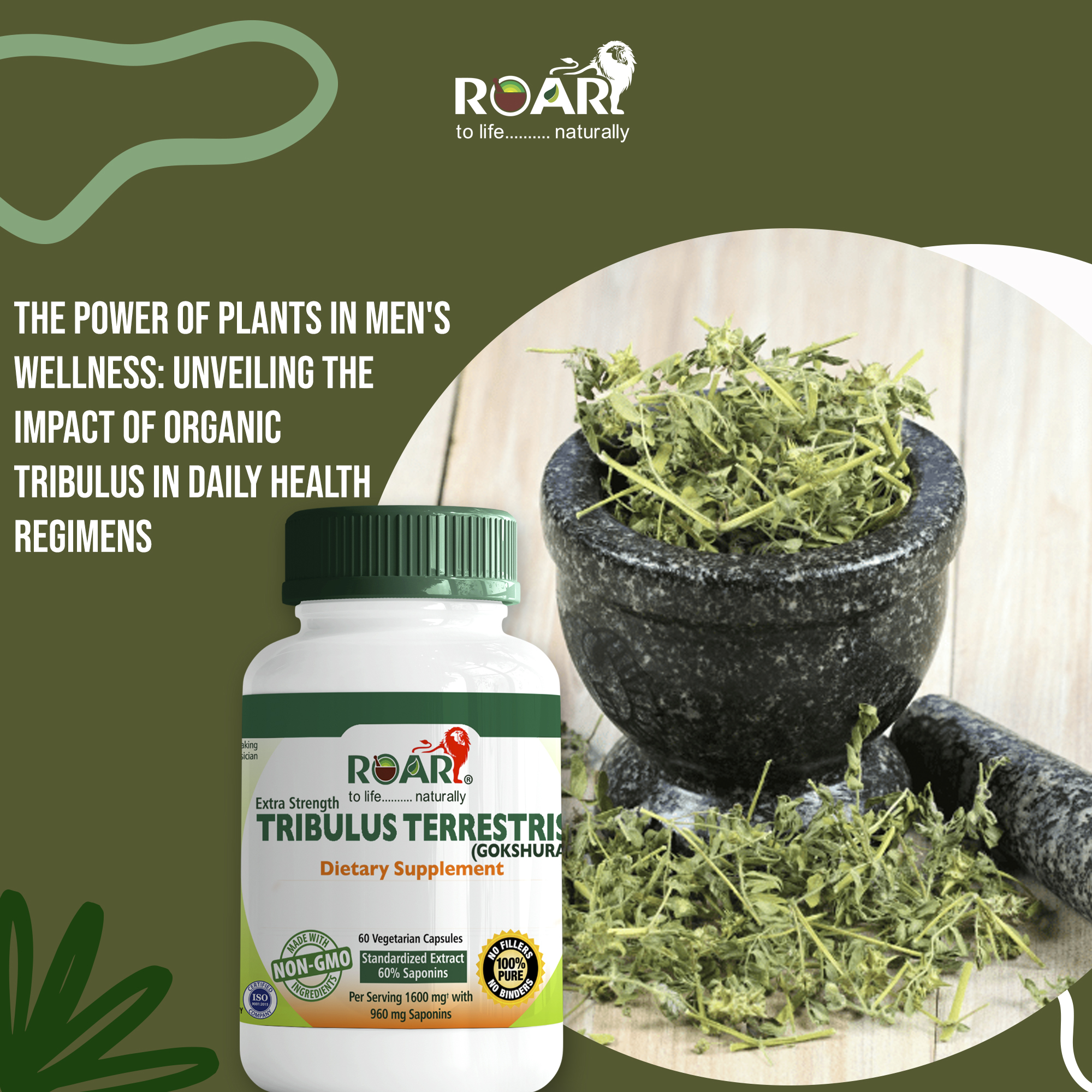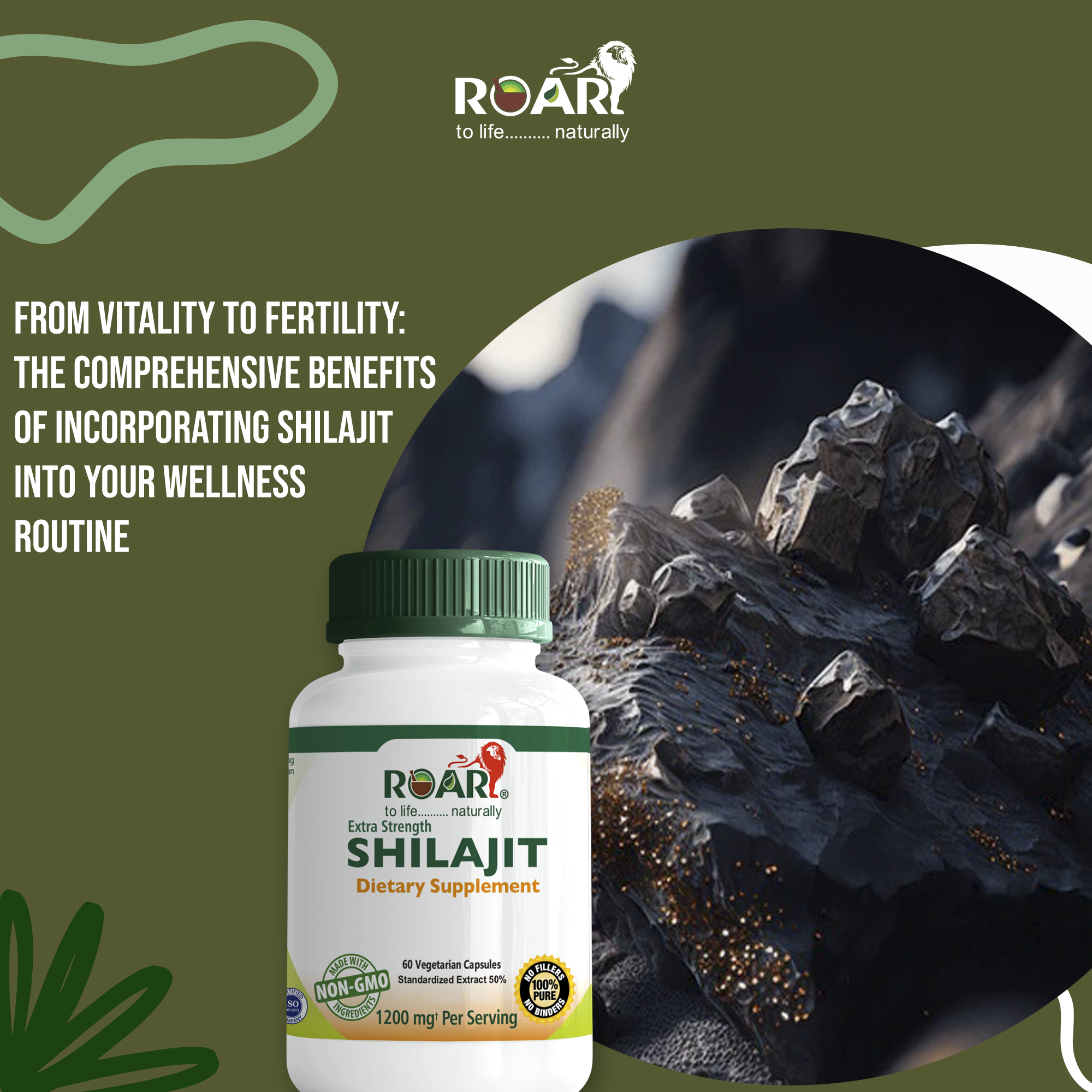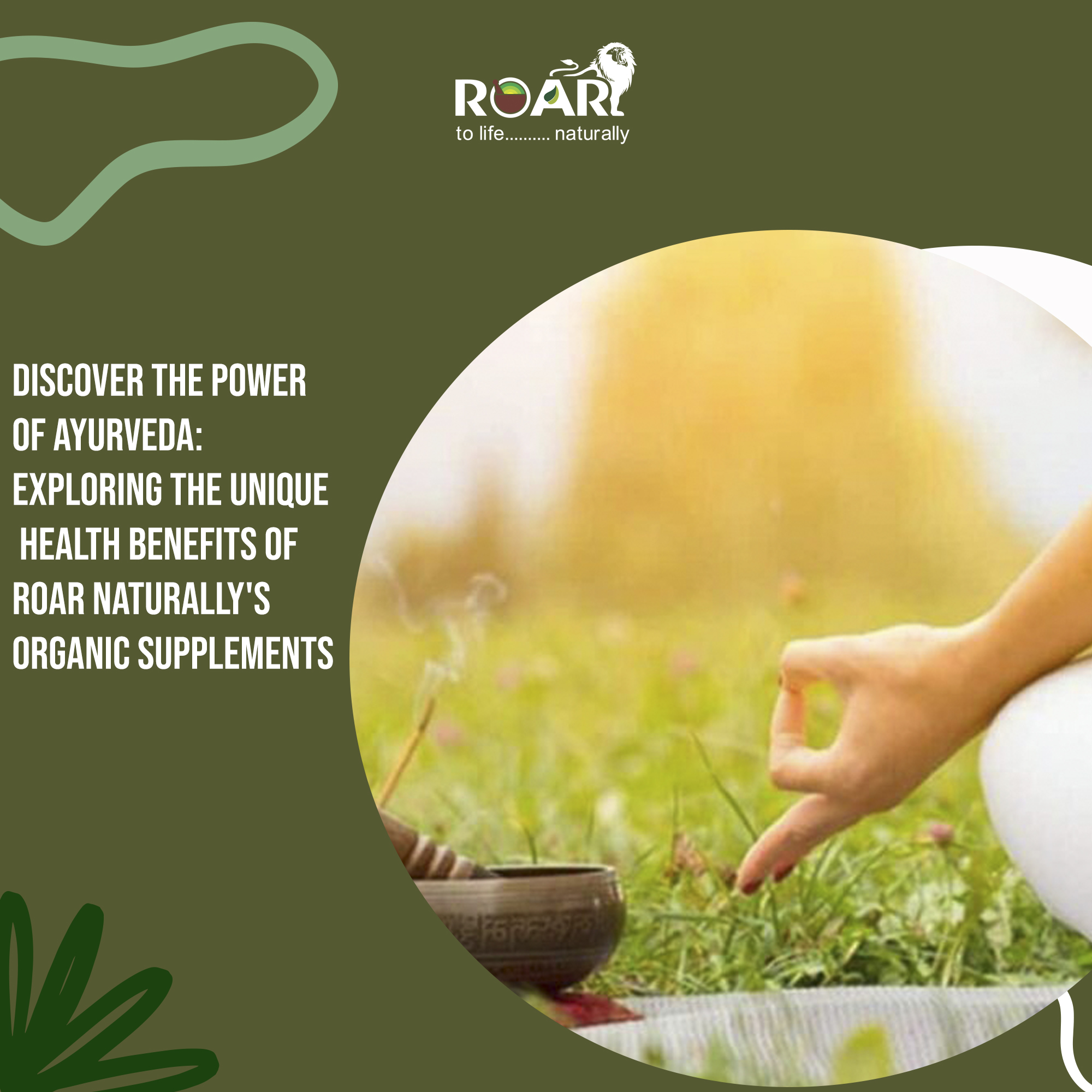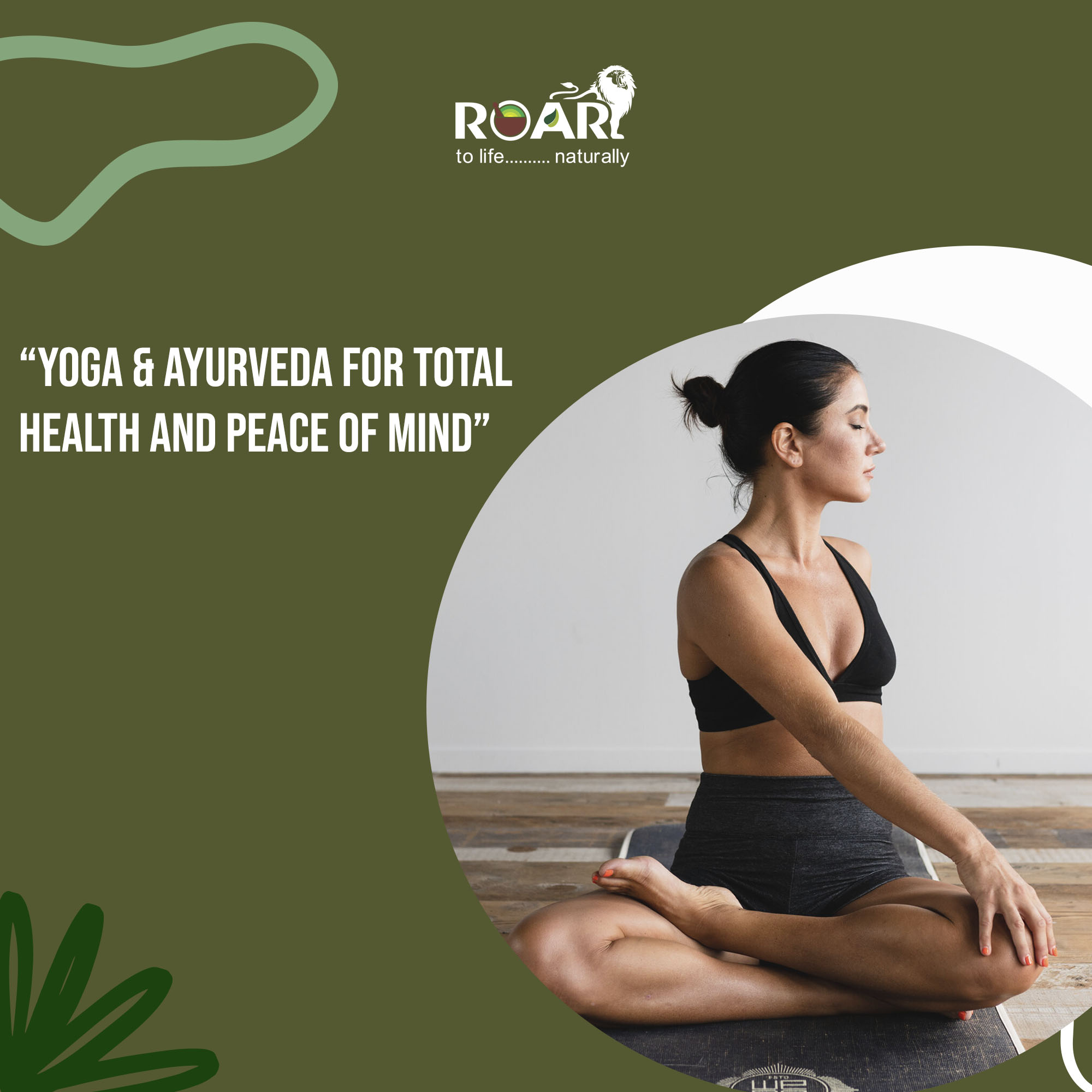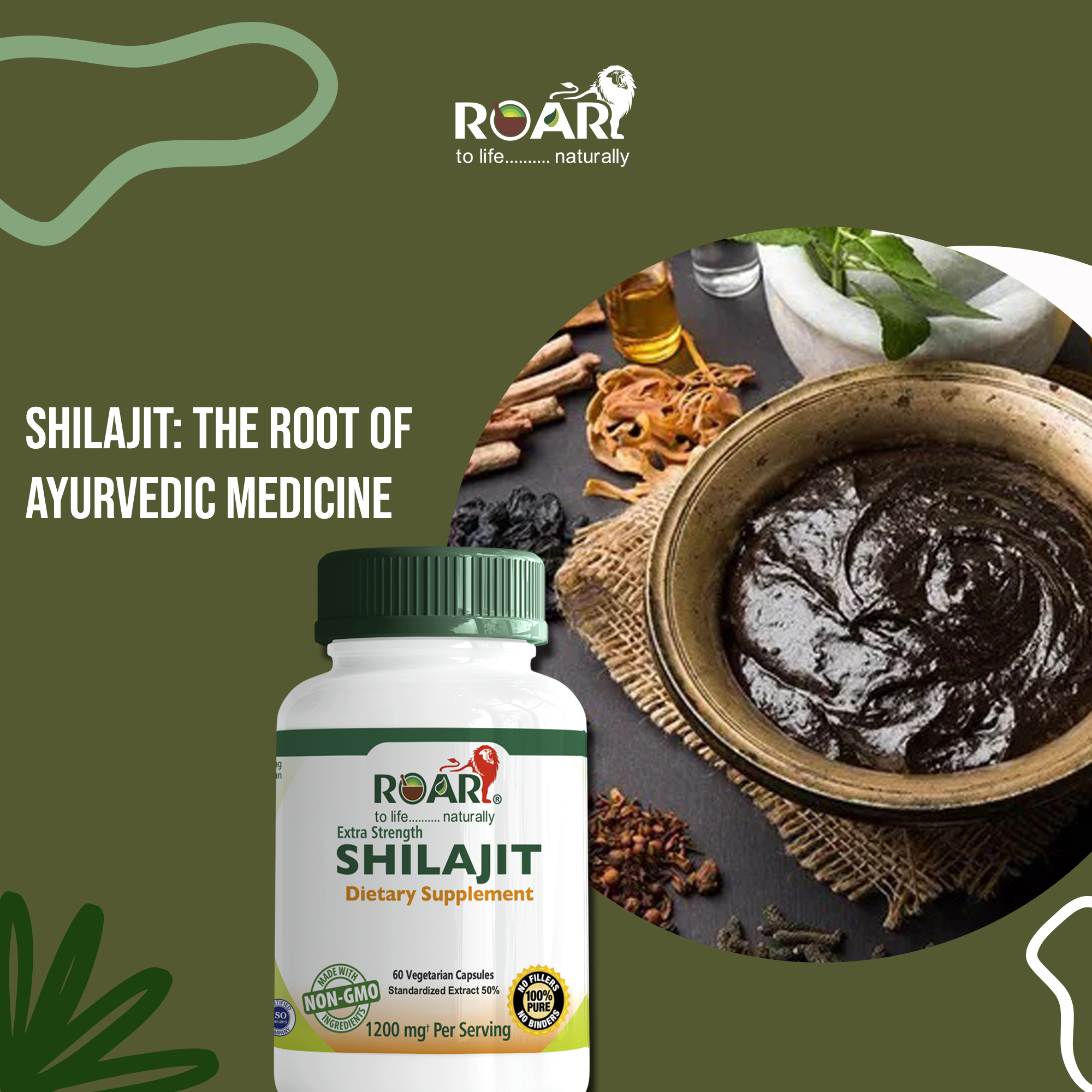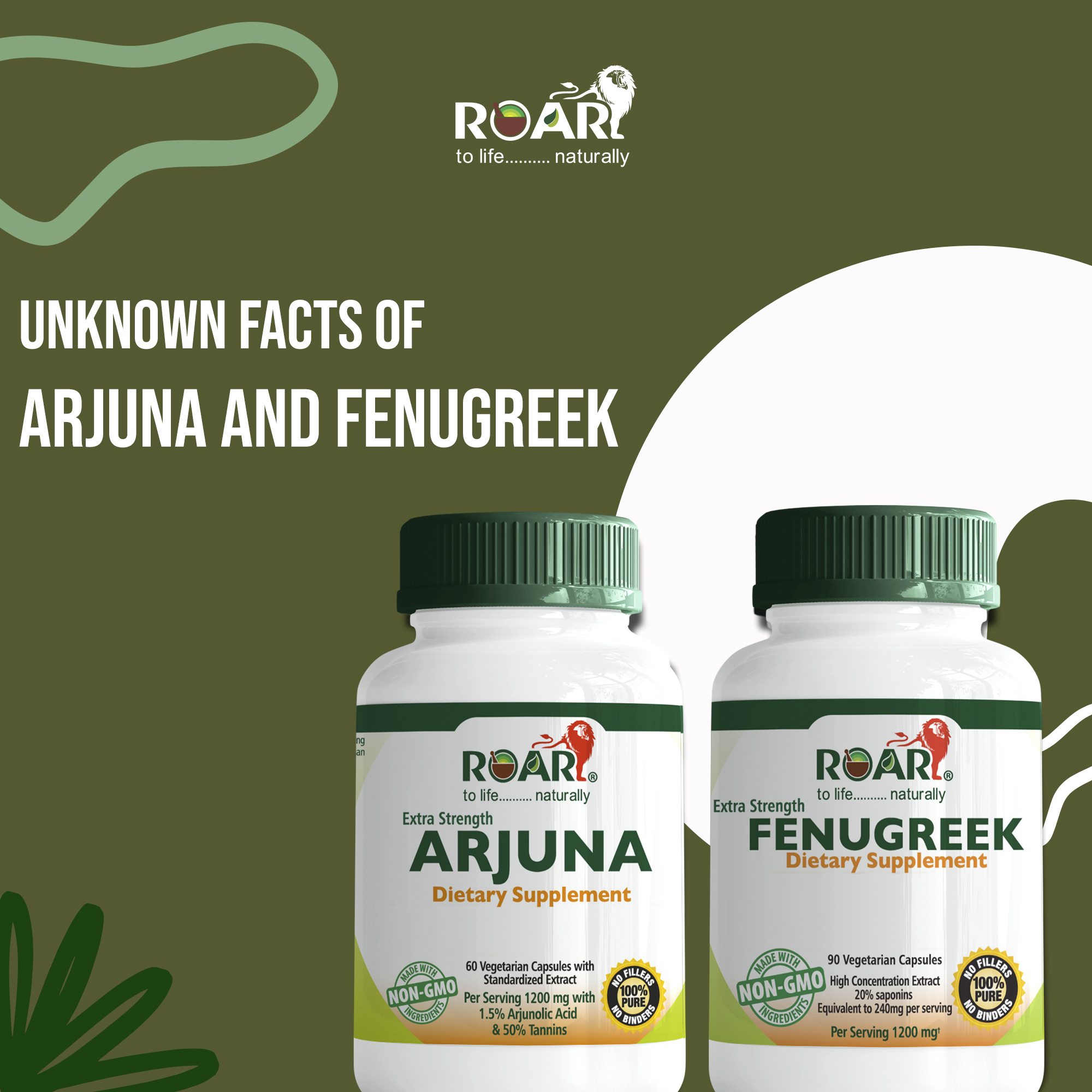No products in the cart.
HERBAL SUPPLEMENTS



Today, proper nutrition is a concern for many people to improve or maintain health and to avoid issues such as cancer or heart disease. With the advent of Covid19, bolstering the immune system has become especially important. Herbal medicine or the practice of using extracts from naturally occurring plants is an ancient and effective treatment to improve health or treat illnesses like insomnia or depression. But with so many options, Saint John’s Warts, Ginger, and others, how do you choose the best herbal extracts?
Unless you are truly knowledgeable about herbal medicine, it is best to begin by speaking with an expert. Herbal extracts are generally safe, but like any medication, if taken incorrectly or in the wrong dosage can lead to problems. Begin by speaking to a qualified herbalist or naturopath but be careful, there is no licensing body for herbalists as there is for pharmacists or doctors. Naturopaths, on the other hand, must attend a 4-year program at an accredited naturopathic medical school and pass the Naturopathic Physicians Licensing Exam (NPLEX). Although a license is not required for herbalists, the American Herbalists Guild does offer a credentialing process, designed to ensure that certified herbalists have the proper education and clinical experience. You can locate an AHG certified herbalist by searching on the AHG website.
Herbal extracts are a distillation of the biologically active components in plants, also known as phytochemicals. The extraction process creates a more concentrated form of the phytochemicals. Garlic, for example, is commonly used to treat high blood pressure and cholesterol and is often found as a capsule or liquid. Most herbal extracts come in 4 different forms-liquid, dried powder, essential oils, or liposomal blend, each of which has its own benefits or drawbacks.
Liquid Extracts or tinctures
Tinctures are created by soaking the plant in a solution such as water and alcohol, vegetable glycerin or apple cider vinegar. Tinctures can be added to water or taken sublingually, under the tongue.
Pros – The solution is very concentrated, so only a small amount, 15-30 drops is required. It also enters the bloodstream quickly, producing benefits sooner than the other applications.
Cons – Tinctures may have a strong, unpleasant taste and odour. Tinctures are also often suspended in alcohol.
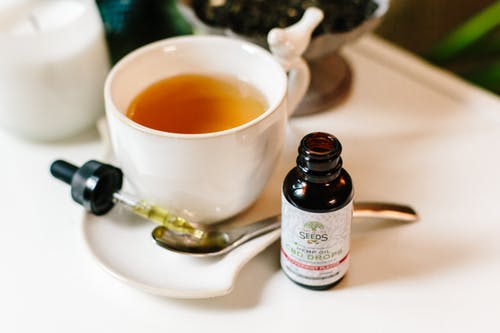


Dried powder
Powders are formed by dissolving the plant in a solvent and allowing it to evaporate. The powder can then be encapsulated or formed into a tablet.
Pros – Powders are the most potent formulation. Because they can be made into a pill or capsule, they are more portable and easier to swallow
Cons – Some companies use harsh solvents to create the powder, which can make them hard to digest.
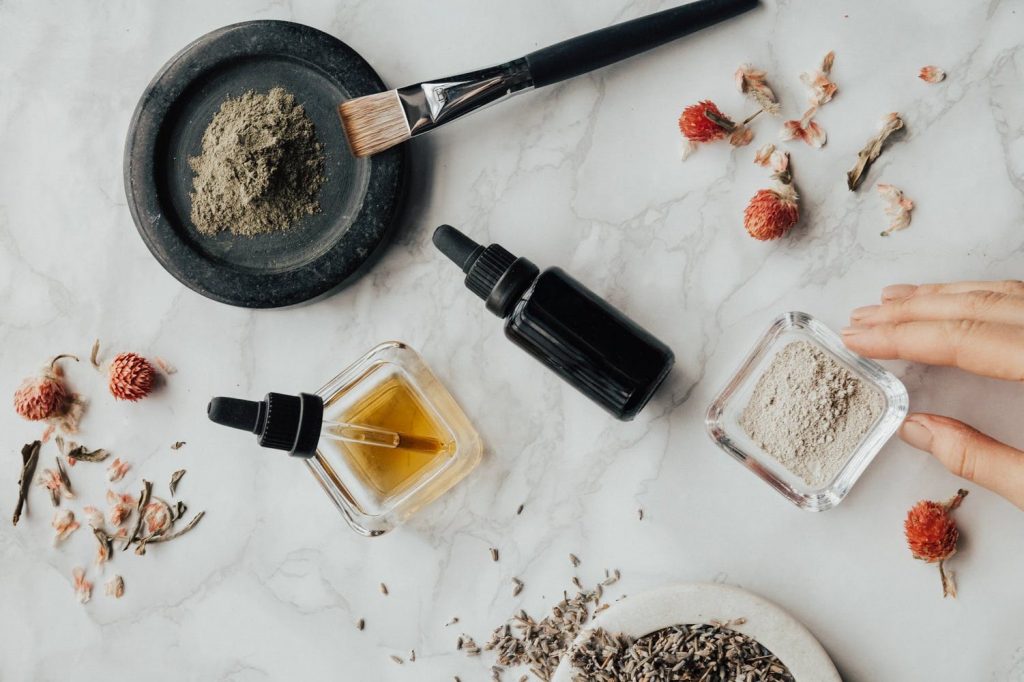


Essential oils
This formulation is made by a steam distillation of the plant. Essential oils are typically used as an inhalant or applied as an ointment. A few however can be taken orally.
Pros – Essential oils are very potent.
Cons – Some essential oils can irritate mucus membranes.



Liposomal blends
This is a relatively new formulation, where the phytochemicals are combined with liposomes (fat) and sold as a tincture or capsule.
Pros – The fat helps to protect the stomach and makes the phytochemicals easier to absorb.
Cons – Liposomal blends tend to be expensive. You can get the same effect by taking the same herbal extract in a powder or liquid form and drinking it with a healthy fat like coconut milk.
Herbal extracts like vitamins and minerals, are considered dietary supplements and are not regulated in the same way as medication. There are a lot of options available at your pharmacy or drug store, but not all herbal extracts are created equal. Because of the lack of oversight, the same herbal extract may be made by different manufacturers using different chemicals and suspensions which can impact their potency and safety. The best choice is to buy herbal extracts from a qualified herbalist or health food store, where quality is a key factor.
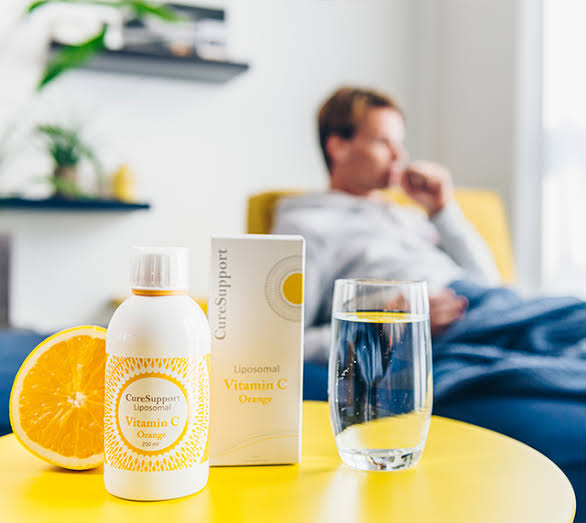


Bibliography
“A Guide to Common Medicinal Herbs.” A Guide to Common Medicinal Herbs – Health Encyclopedia – University of Rochester Medical Center, University of Rochester Medical Center, www.urmc.rochester.edu/encyclopedia/content.aspx?contenttypeid=1&contentid=1169.
“Ask an Herbalist: What Is an Herbal Extract?” What Is an Herbal Extract, Herb Pharm, 17 Oct. 2019, www.herb-pharm.com/pharm-journal/ask-an-herbalist-what-is-an-herbal-extract/.
“Using Dietary Supplements Wisely.” National Center for Complementary and Integrative Health, U.S. Department of Health and Human Services, www.nccih.nih.gov/health/using-dietary-supplements-wisely.
